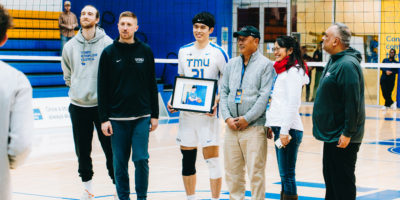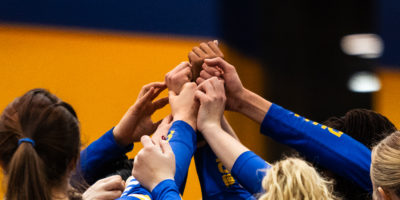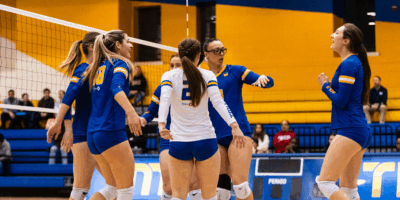By Carys Mills and Vanessa Greco
Ryerson will lose over $130,000 in funding this year because students didn’t drink enough Coke.
An exclusive deal with Coca-Cola required Ryerson to sell a certain number of their products within a five-year term. Because Ryerson didn’t sell enough, the university is bound to Coke for another year without any guaranteed payoffs.
Coke paid Ryerson $765,000 to keep their brand exclusively on campus. Each year scholarships, bursaries and athletics received the bulk of the cash.
John Corallo, director of ancillary services, negotiated the contract and is now left to make up the lost funding. “A contract is a contract and we have to deal with it,” he said.
The agreement stated that if Ryerson didn’t meet the quota, Coca-Cola could extend the contract and withhold further financial rewards. The extension will last a year, unless Ryerson can sell the remaining products in less time.
“We don’t want to lose anything that services our students,” said Ivan Joseph, athletic director. “I consider Coca-Cola the university’s big partner. Anytime we lose any sponsor, that’s a concern.”
On Oct. 5 at 8:30 a.m., Corallo said the university could lose all funding from Coca-Cola. He had requested that the corporation maintain $15,000 in athletic funding, which had previously been used for Blue and Gold athletics awards and brochure printing. At that time he expected to hear from Coke within a few weeks.
Eight hours later, after the Eyeopener questioned Coca-Cola about Corallo’s request, the corporation confirmed that the athletic funding will remain in place.
Even with the promise of athletic funding, Ryerson is still missing out on thousands of dollars.
Corallo attributes a decline in Coke products purchased on campus to the popularity of healthier beverages.
But Richard Girard thinks health conscious consumers shouldn’t be blamed for the unfulfilled contract. Girard is the research coordinator at Polaris Institute, which has profiled Coca-Cola and its exclusivity deals.
“To say that’s the main reason they’re not meeting the contract is speculation,” he said.
“Ever since these contracts have existed, universities have been missing their quotas,” said Girard.
The first Canadian campus to sign an exclusivity deal was the University of British Columbia (UBC) according to Nancy Toogood, UBC’s Alma Mater Society’s food and beverage manager.
Like Ryerson, UBC didn’t meet their quota so they were stuck with Coke for another two years without financial reward.
“Never again would we enter into an exclusivity deal, no matter how sweet it seems,” said Toogood.
Once Ryerson’s contract extension is over the university can either stick with Coke, choose a rival brand or opt for a local vendor.











Leave a Reply